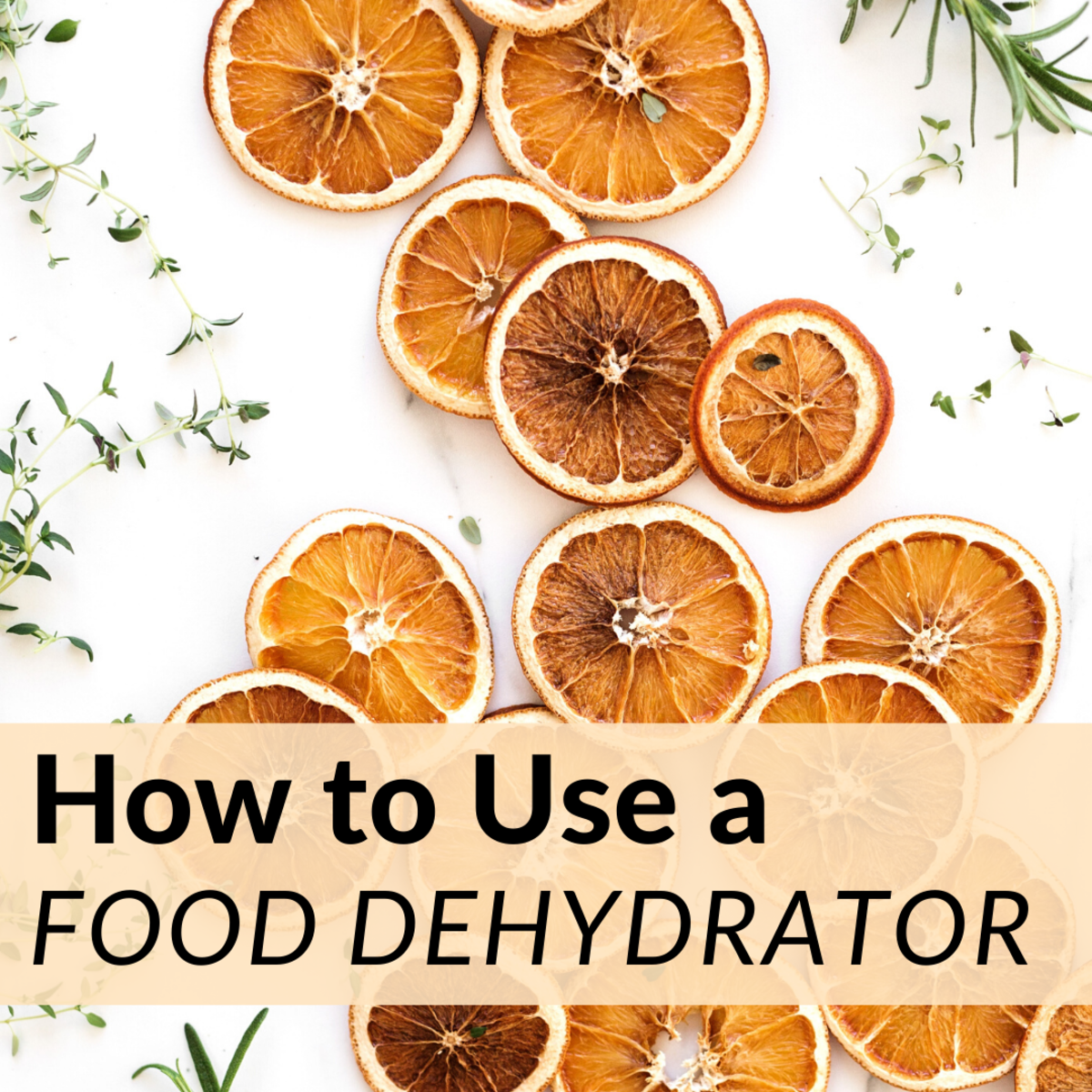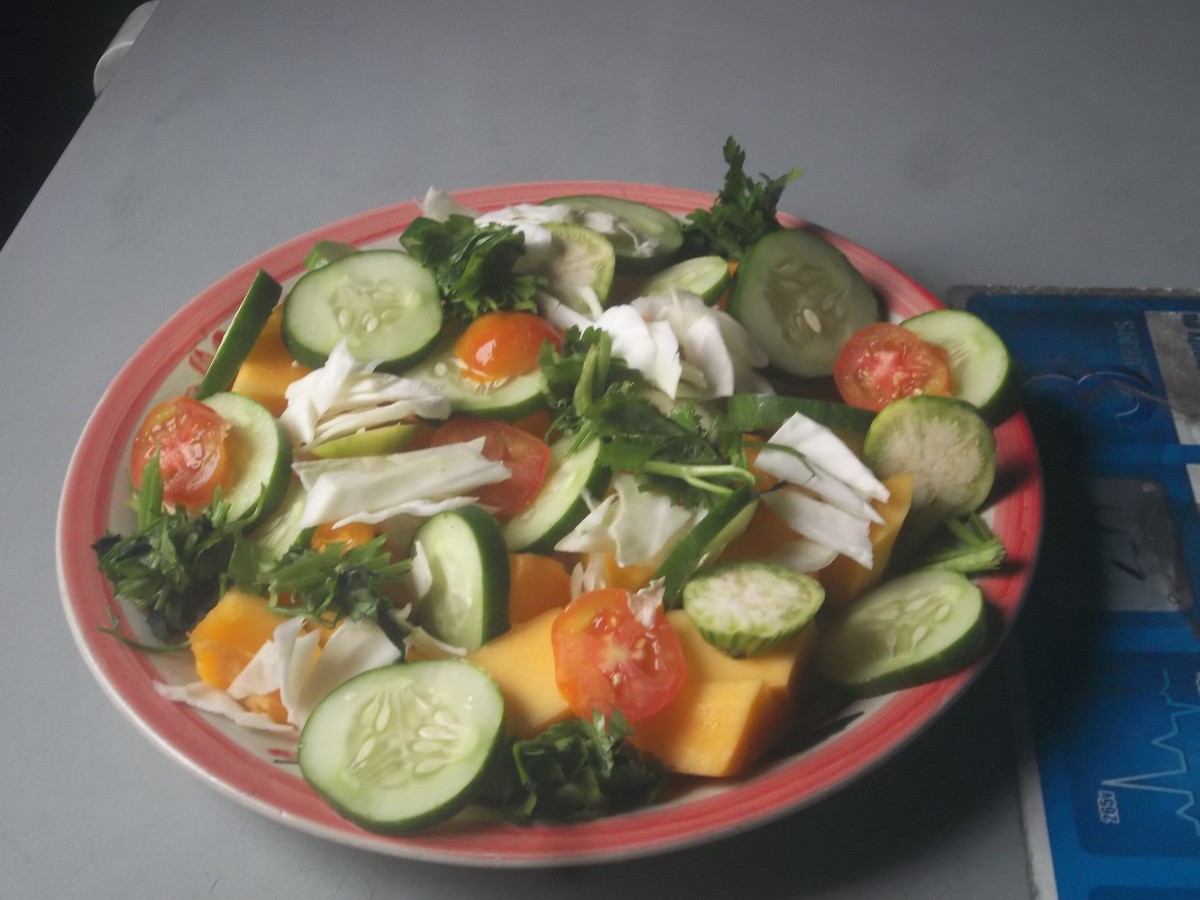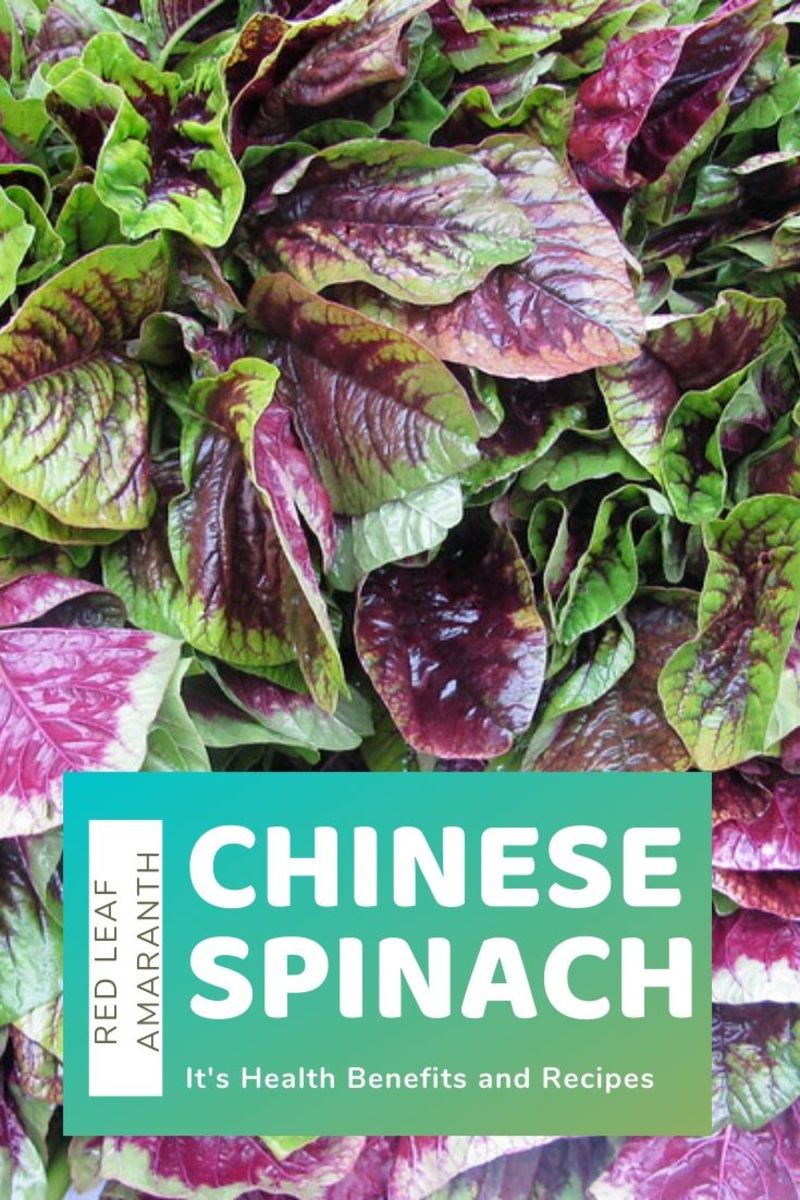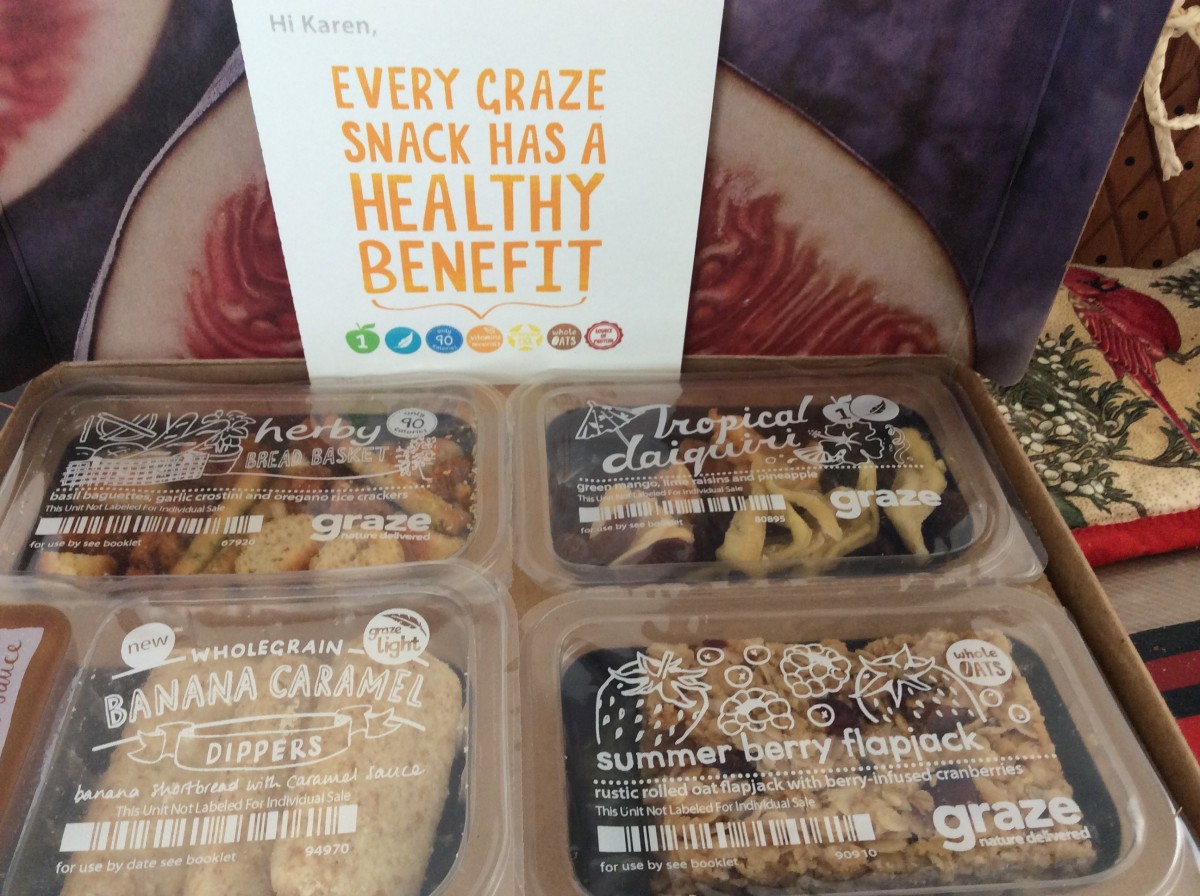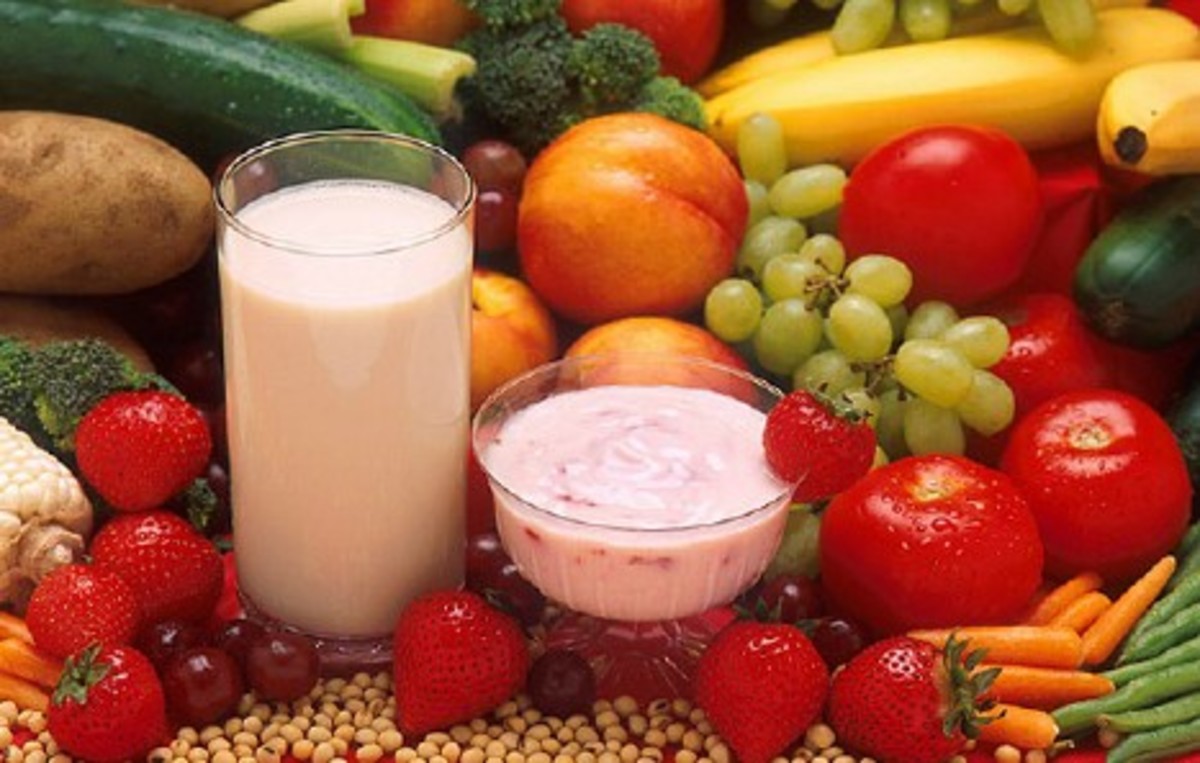Organic Food Quiz
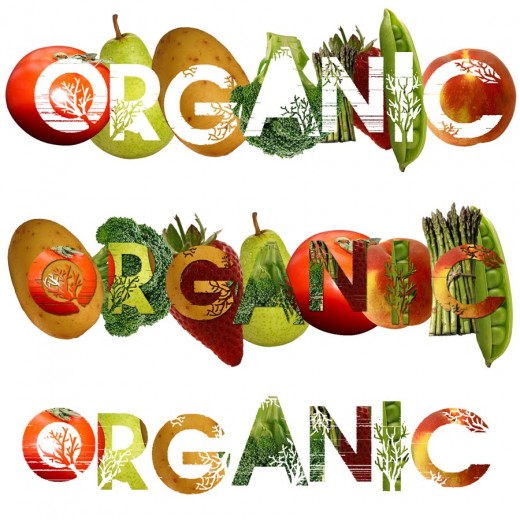
Organic food is the best type of food that you can invest your money in. It is the best type of food for maximizing on the intake of nutrients that we get when we eat, and it is also extremely great for the environment. However, in this day and age more and more the world organic is being used as a means of attracting customers, and increasing sales.
Many people don't even know that to be organic the food has to be more than just chemical free, and how important even this is when it comes to the food we choose to consume. Another reality is that most vendors don't have 100 percent organic food, but sell as though they do. It is important to know what you are looking for when deciding to buy organic. The best and most effective way of attaining organic food is to invest in organic seeds and grow your own food. Invest in small pots and grow your own food. This quiz is for those organic food lovers that think they know everything about what they are eating. Have fun and share!
What is the current state of the organic food industry!
You think organic food is expensive! Have you priced cancer lately?
Fruits and vegetables where the organic label matters the most
*The following 14 fruits and vegetables have the highest pesticide levels on average. Because of their high pesticide levels when conventionally grown, it is best to buy these organic:
- Apples
- Sweet Bell Peppers
- Cucumbers
- Celery
- Potatoes
- Grapes
- Cherry Tomatoes
- Kale/Collard Greens
- Summer Squash
- Nectarines (imported)
- Peaches
- Spinach
- Strawberries
- Hot Peppers
*this will vary depending on where you live.
Non-organic fruits and vegetables with low pesticide levels
*These conventionally grown fruits and vegetables were found to have the lowest levels of pesticides. Most of these have thicker skin, which naturally protects them better from pests, and which also means their production does not require the use of as many pesticides.
- Asparagus
- Avocado
- Mushrooms
- Cabbage
- Sweet Corn
- Eggplant
- Kiwi
- Mango
- Onion
- Papaya
- Pineapple
- Sweet Peas (frozen)
- Sweet Potatoes
- Grapefruit
- Cantaloupe
*this will vary depending on where you live.
Question 1).
Do Organic foods contain pesticides?
Question 2).
Is organic food more or less contaminated than conventional food?
Question 3).
Does organic food make you eat more?
Question 4).
What makes a chicken organic?
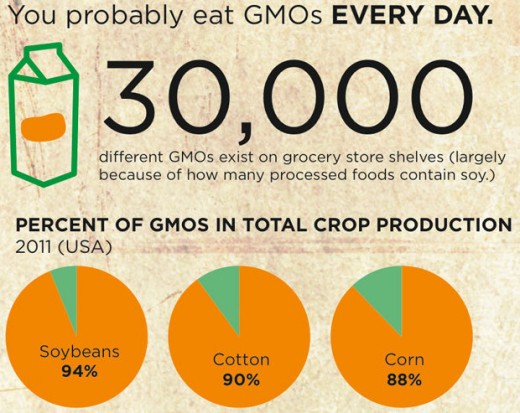
Question 5).
What does GMO stand for?
Question 6).
What is an organic wine?
Question 7).
What percentage of all the food sold in America do you think is organic?
Question 8).
What makes seafood organic?
Question 9).
Does organic milk contains lower levels of estrogen than conventional milk?
Question 10).
Is organic food sometimes labelled as natural food?
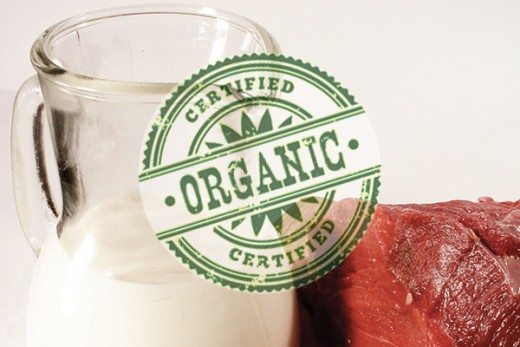
Question 11).
Are organic meats and milk richer in nutrients than conventional?
The food you eat can either be the safest form of medicine or the slowest form of poison
— Ann WigmoreOrganic farming of meats!
Question 12).
Organic meat comes from animals raised in very inhumane conditions?
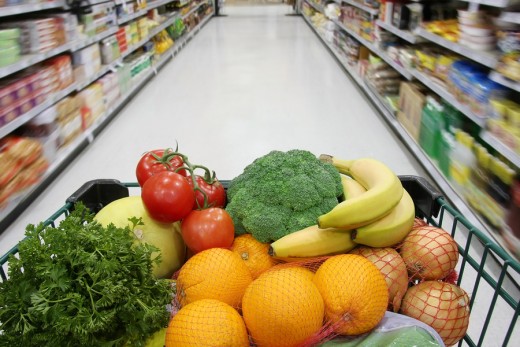
Organic food buying tips
- When possible grow your own food, invest in small pots, soil, and organic seeds, and grow your own food. No labels or speculation required when the source of the food is you.
- Find a farmers market to join- Farmers market offer the freshest produce and great deals on when they are freshly picked. You can be in the loop on when they harvest and get in on the best foods.
- Ask questions- This one is not fool proof since people can say anything, but it is still worth it to ask questions in the evnet you are not completely sure if whether or not the food product is 100% or partially organic. For the purchase of meats, how it is raised is also very important.
- Read food labels- No one is around to ask, then simply read the label, look for things like GMO and pesticide free. Look for hormone free amongst other things.
- Buy local- Locally grown food is better for you as well as for reducing the carbon footprint of the environment. It also ensures that the food that you purchase is in season and increases the chances of it being fresh. All a win win win situation for you.
- Remember there is no such thing as organic seafood or organic junk food. Organic is great, but it is important to not remove all together your tolerance for the chemicals that we exist around, in the event that you are God forbid in a situation where you have no choice to eat non organic food, it won't upset your stomach.
Answers to the quiz!
- Yes
- More contaminated
- Yes
- Cage free, organically fed, no vaccines, no antibiotics
- Genetically modified Organisms
- Wine that contain no sulfites
- 4.2%
- No such thing as organic seafood
- No
- No they are not the same thing
- Yes, they contain more nutrients
- No, same conditions as non organically raised animals



